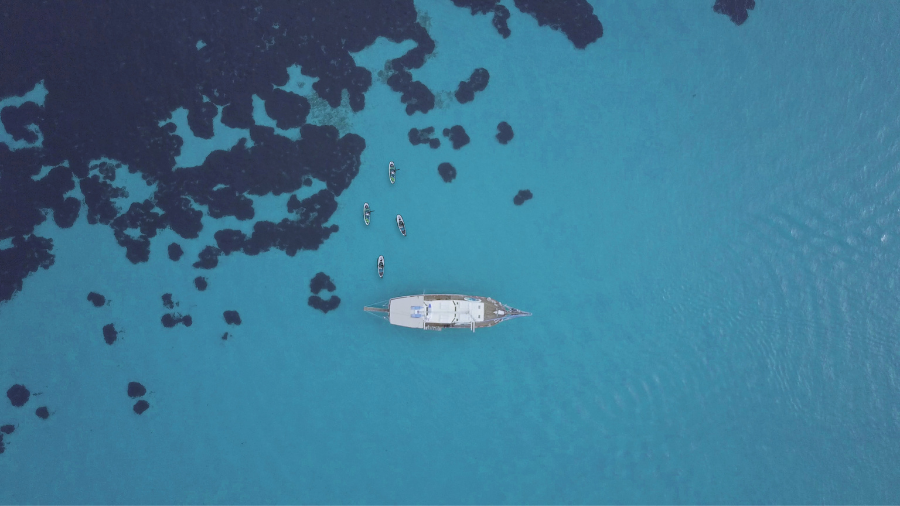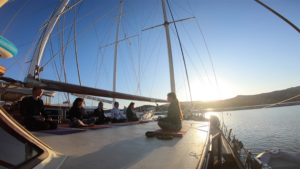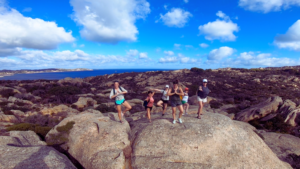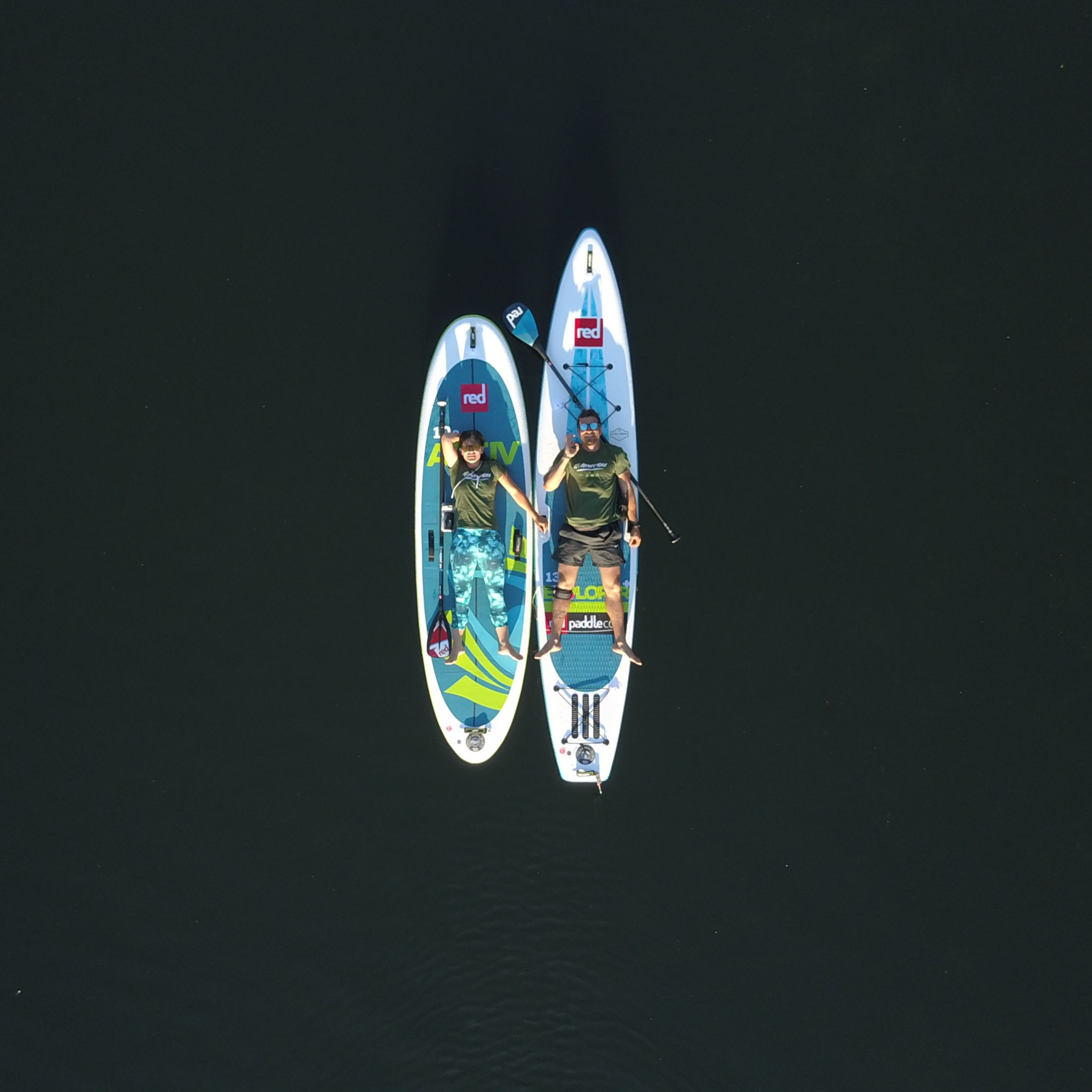Slow Travel vs Traditional Tourism: Why the Future of Travel is Changing

Slow Travel vs Traditional Tourism: Why the Future of Travel is Changing
Travel is changing- fast.
The old way of racing through guidebook checklists, snapping photos at crowded landmarks, and calling it a “holiday” is starting to lose its charm. More and more people are swapping fast-paced itineraries for something richer: slow travel.
It’s not just a buzzword – it’s a mindset. A growing tribe of travelers is ditching the rush in favor of staying longer, going deeper, and truly connecting with the places they visit.
Instead of city-hopping and burnout, think lazy mornings in local cafés, conversations with strangers that turn into friendships, and discovering parts of a culture that never make it into brochures. This isn’t just a travel trend—it’s a lifestyle shift. And it’s redefining how we move through the world.

What is Slow Travel?
Slow travel is a mindset rooted in quality over quantity.
It’s about spending more time in fewer places to engage deeply with local cultures, people, and environments. Unlike traditional tourism, which often involves visiting multiple destinations in a short span of time, slow travel encourages travelers to linger – to explore a village for a week instead of a weekend, to cook with locals rather than dine at chains, and to walk instead of rush.
The concept emerged more strongly post-pandemic, as individuals began prioritizing experiences that align with their personal values, well-being, and a slower, more intentional lifestyle. Whether it’s a remote work retreat in rural Spain or a two-month stay in a Thai fishing village, slow travel reflects a conscious approach to movement and presence.
This is what we promote at NuAdventure too: a slow-paces traveling rhythm to absorb a place’s magic and essence.
Traditional Tourism: The Fast-Paced Model
Traditional tourism, by contrast, is built on efficiency, convenience, and highlights.
It’s the quick city breaks, guided bus tours, and pre-packaged itineraries that aim to maximize exposure to key sights in limited time. While this model has enabled millions to access global travel, it also contributes to several key challenges: over-tourism, shallow engagement with local culture, environmental strain, and a sense of detachment.
Major cities like Venice, Barcelona, and Dubrovnik have become case studies in the consequences of traditional mass tourism, where visitors often outnumber residents and local businesses shift to serve short-term profits over long-term sustainability. While efficient, this model often leaves little room for spontaneity, connection, or real discovery.

Who is Embracing Slow Travel?
This shift is especially popular among digital nomads, remote workers, and younger generations like Gen Z and Millennials who prioritize experiences over possessions.
Families seeking longer sabbaticals, retirees with time flexibility, and eco-conscious adventurers are also embracing slow travel.
For many, it’s a lifestyle – not a holiday. Entire communities are forming around this mindset, from long-stay co-living spaces in Bali to volunteer networks in South America.
The rise of platforms like TrustedHousesitters, Workaway, and Worldpackers further supports this movement by offering ways to exchange time, skills, or care for accommodation and immersive cultural exposure.
The slow travel community values meaningful connection, sustainable living, and flexible routines. Their stories, often shared, are inspiring others to rethink what travel could and should look like.
The incredible thing about slow travel is that it’s an experience open to everyone. It’s affordable, requiring only a positive mindset and the flexibility to adapt to different circumstances. And if you prefer not to travel alone, you can partner with agencies that share these values, like ours. Our core belief is in the power of slow travel: offering time to connect with others, yourself, and truly appreciate the journey at your own pace.
How to Start Slow Traveling and Avoid Traditional Tourism
Beginning your slow travel journey doesn’t require a complete life overhaul.
It starts with a simple choice: to go deeper, not faster. Choose fewer destinations and extend your stay in each. Opt for accommodations that support local economies – family-run guesthouses, agriturismos, or co-living spaces. Travel off-season to avoid the crowds and experience places more authentically. Use slower, more sustainable forms of transport like trains, bikes, or local buses. Prioritize local food, cultural events, and language learning.
Platforms like Couchsurfing and Workaway can help travelers find community-based stays or volunteer exchanges that offer authentic connections. Additionally, consider working remotely abroad if your job allows it—many countries now offer digital nomad visas to encourage this form of extended, responsible travel.

An example from our Sardinia and Tenerife Trips
In Sardinia, we invite guests to hike slow coastal trails, share meals with shepherds, and learn the rhythms of a land shaped by time. One guest described it best: “I didn’t just visit Sardinia. I felt it.”
On our Tenerife adventures, guests explore ancient laurel forests, paddle along volcanic coastlines, and breathe in silence under starry skies. It’s not just about seeing—it’s about re:connecting.
The Future is Slower – and Richer
The contrast between slow travel and traditional tourism is no longer about pace alone – it’s about priorities.
When authenticity, sustainability, and personal growth are valued more than ever, the benefits of slow travel over traditional tourism are becoming impossible to ignore.
This isn’t just a new way to travel – it’s a new way to live, discover, and connect. As more people seek meaning, balance, and purpose in how they move through the world, slow travel is not just the future of tourism – it’s the present, reimagined.
Ready to experience slow travel for yourself? Discover our soulful adventures in Sardinia, Tenerife and beyond.
Book With Extra Flexibility
Choose new departure dates if your plans change.
Reach out to us anytime via online chat, phone or email.
Get credit for future trips if you need more time to decide.
Change to a different tour run by the same tour operator.

